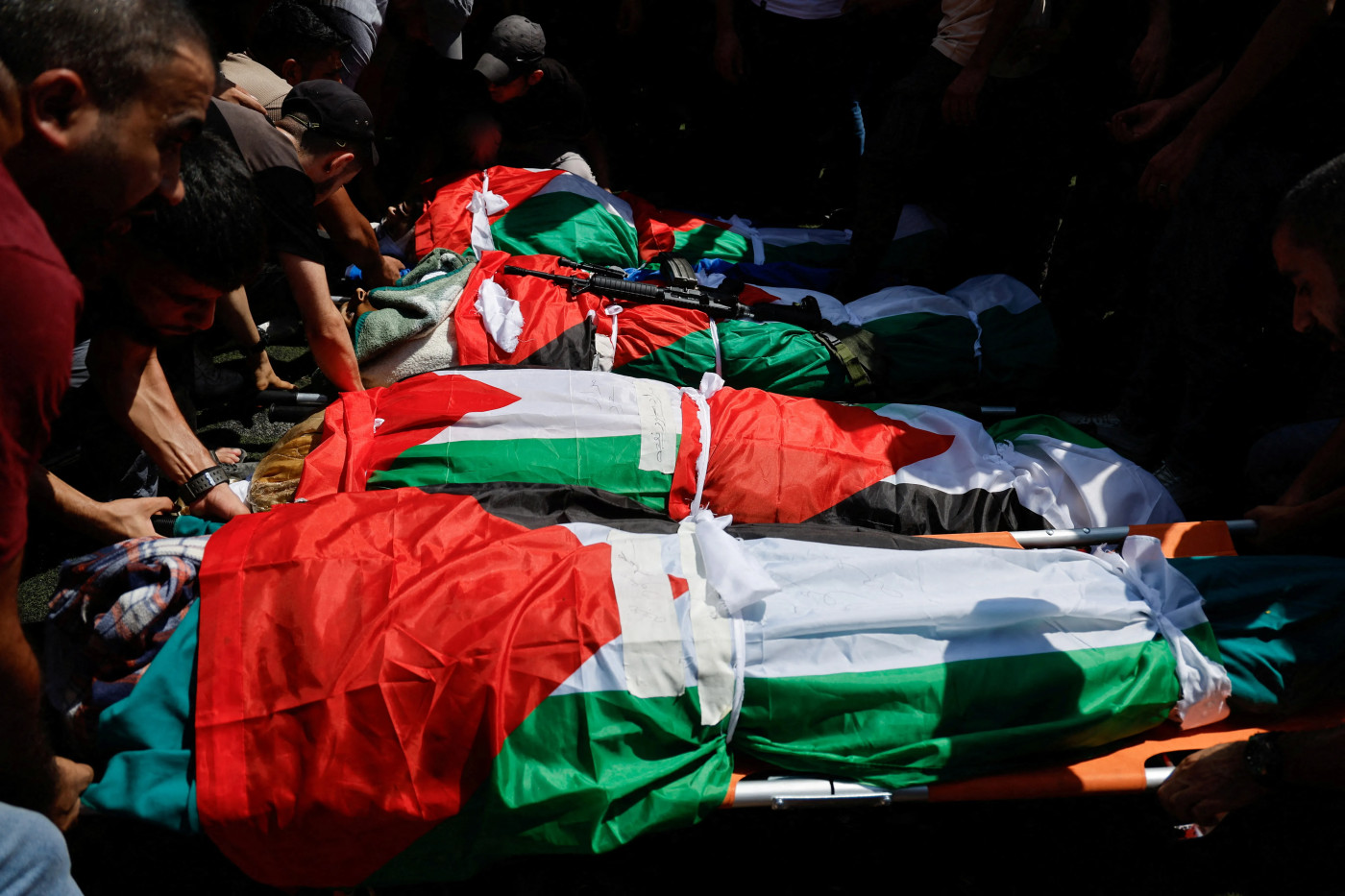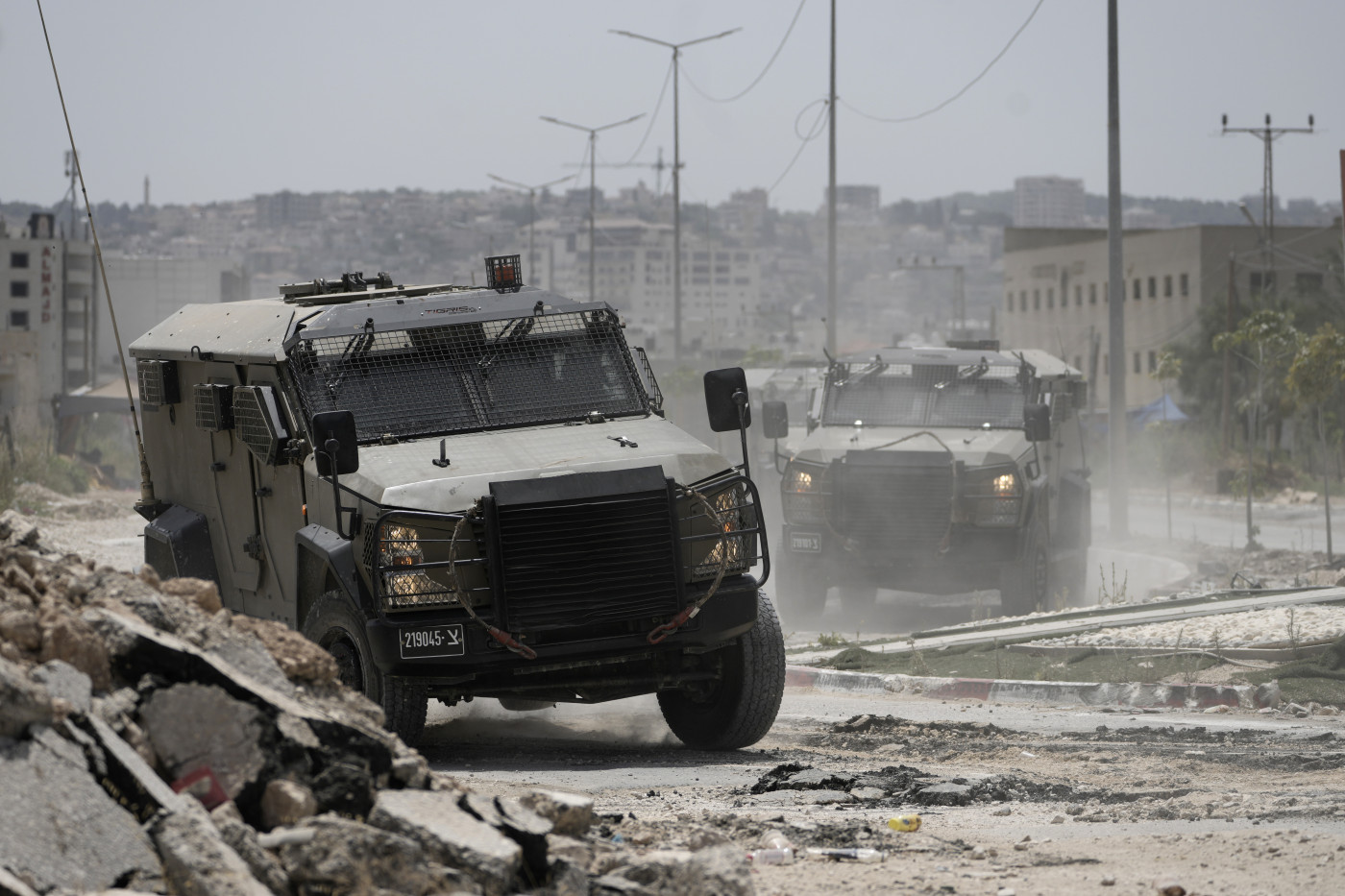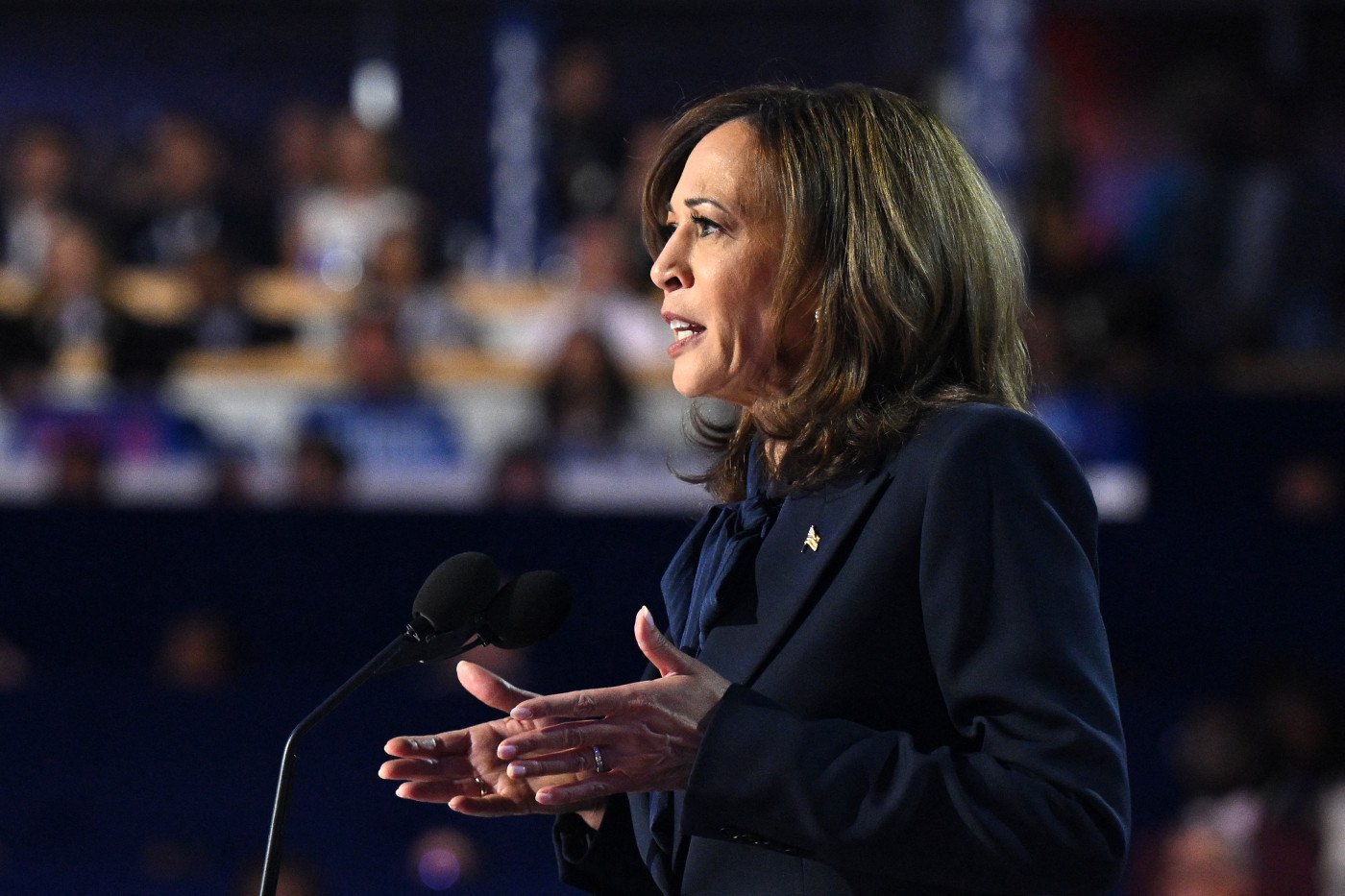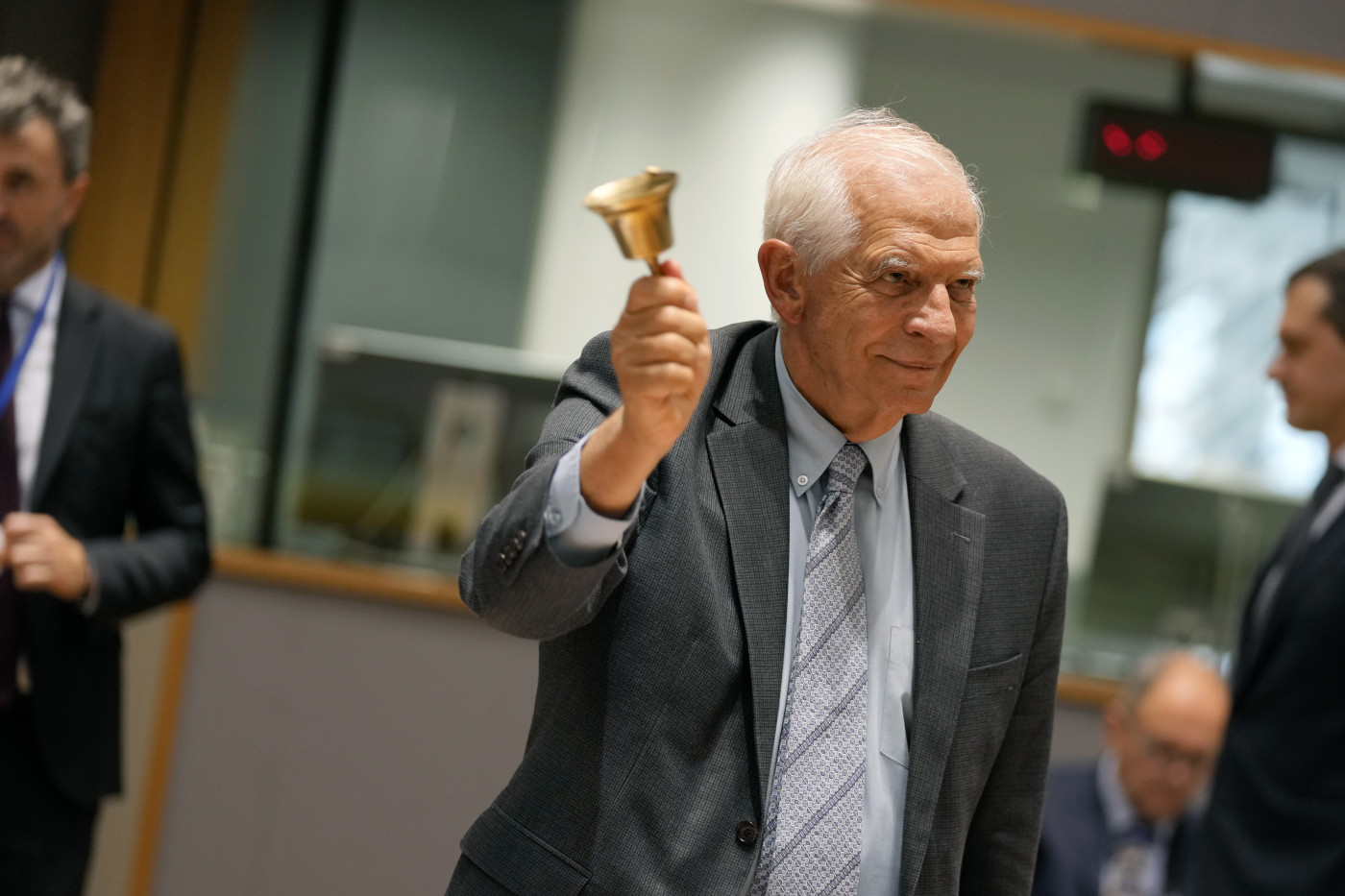Is Ukraine's Kursk Incursion a Turning Point in the War? | Opinion
If you're Ukrainian President Volodymyr Zelensky or Ukrainian General Oleksandr Syrskyi, you're likely looking at the current map of Kursk with a smile on your face. In a span of three weeks, the Ukrainian army has notched impressive tactical gains—approximately 500 square miles of Russian territory and around 100 small villages are under Ukrainian control, and hundreds of Russian troops have been captured.
The big question is whether the war's dynamics will change. There seems to be a general assumption that the Kursk incursion will have positive effects for the Ukrainians. But if we've learned anything since the war began more than two and a half years ago, it's that projections about turning points and breakthroughs should be made with humility. There was a time not so long ago when military analysts predicted a Ukrainian triumph after Kyiv embarked on its long awaited counteroffensive. It didn't turn out that way; the counteroffensive fizzled and Ukrainian troops were unable to push through the Russian fortifications.
Could Ukraine's Kursk incursion be different? Sure, there's always the possibility. For Kyiv, the three-week thrust into Russia has been more successful in terms of territorial gains than last year's six month-long counteroffensive. At the very least, Zelensky can use the Russian conscripts captured thus far to get his own soldiers out of Russian detention—something that has already occurred.
But long-term success isn't guaranteed.
First, despite repeated comments from Ukrainian officials, we still don't know precisely what Kyiv's actual objectives are in Kursk. Ask four different Ukrainian officials and you will get four different answers, which suggests that Kyiv might not even know. The Biden administration certainly doesn't know—it didn't even get a heads-up from the Ukrainians about the offensive. There is some speculation that the Kursk operation was meant to boost morale within the ranks, but sending a few thousand battle-tested soldiers away from the 620-mile frontline to expand the war into Russia seems like an awfully costly way to do it.
Zelensky has given a few reasons for the incursion, from creating a buffer zone along part of the Russian-Ukrainian border to pressuring Russian President Vladimir Putin to begin serious peace talks. But both of those aims depend on whether Ukraine can hold the largely flat terrain its forces have taken over the last three weeks. This is a tall order, not because the Ukrainians are incapable but because their supply lines will inevitably be stretched and left exposed to Russian counterattacks. The Russians were scattershot in their response but are slowly getting their bearings, deploying approximately 30,000 troops to Kursk to stabilize the situation. This might take a while given Russia's other battlefield priorities—like pressing an advance in Donetsk—but the mere presence of a Russian counterattack will force Zelensky to make difficult decisions on where to allocate his limited resources.
Second, one must ask the reasonable question of whether expanding the war into Russia is even a smart tactical move. Zelensky and his military high command have obviously concluded that it is, the idea being that if Russia is forced to fight on its own territory, then Moscow will have to divert manpower and equipment away from the front. This, the reasoning goes, would alleviate the intense pressure Ukrainian forces have been under for the last eight months.
Russia, however, hasn't taken the bait—not yet anyway. Some Russian troops have been re-deployed from Ukraine to stem the bleeding in Kursk, but Moscow hasn't touched the most active areas of the frontline. General Syrskyi acknowledged this indirectly, admitting that the battlefield around the Ukrainian city of Pokrovsk remains "fairly difficult" as Russian glide bombs and artillery are hitting Ukrainian defenders there. If taking the fight to the Russians on their turf comes at the cost of more Russian gains in Donetsk, what exactly was the point?
Finally, if part of Zelensky's calculus was to push Putin into a negotiation, then the Kursk gambit has backfired. Instead of shocking Moscow into submission, it has convinced the Russian political elite to double down. Talks that were scheduled between Ukrainian and Russian negotiators to explore a mutual de-escalation on energy infrastructure have been suspended by the Russian side. The Russian Foreign Ministry is angrily denouncing negotiations as impossible at this time (although the extent to which Russia is actually interested in negotiations to begin with is disputed). And it's no coincidence that Russian missile and drone attacks on multiple Ukrainian cities have increased since the Kursk incursion began; on Aug. 26, Moscow launched one of its biggest air attacks against Ukraine, which included 127 missiles and 109 attack drones.
War is ugly and unpredictable. Everybody, including this author, should be more aware of the twists-and-turns.
Daniel R. DePetris is a fellow at Defense Priorities and a syndicated foreign affairs columnist at the Chicago Tribune.
The views expressed in this article are the writer's own.
Disclaimer: The copyright of this article belongs to the original author. Reposting this article is solely for the purpose of information dissemination and does not constitute any investment advice. If there is any infringement, please contact us immediately. We will make corrections or deletions as necessary. Thank you.



